Non-QM (Non-Qualified Mortgage) loans are a category of mortgage loans that do not meet the qualified mortgage criteria set forth by the Consumer Financial Protection Bureau (CFPB). These loans are designed for borrowers who may not meet the stringent requirements of conventional mortgages, such as those with non-traditional income sources, lower credit scores, or high debt-to-income ratios. Non-QM loans provide an alternative for these borrowers to obtain a mortgage. Contractors, business owners, individuals with lower credit scores or even bankruptcies who have a chance at qualifying for a mortgage may typically qualify for non-QM loans. Many of these individuals could easily afford a mortgage payment despite the irregular paychecks, but they typically fail to qualify due to rigorous requirements for conventional loans.
What are non-QM home loans?
Nearly all home loans are qualified mortgages. (QM) That means lenders had to ensure their borrowers met strict standards laid down by the federal regulator, Consumer Financial Protection Bureau (CFPB).
The “ability-to-repay” (ATR) rule is central to those standards. It means lenders must check and document that each borrower can comfortably afford the monthly payments on their loans.
Lenders must do that using measures such as credit scores, debt-to-income ratios, and loan-to-value ratios. They also must ensure that borrowers have consistent and sufficient incomes.
Borrowers who need non-QM loans
Most homeowners clear these hurdles with greater or lesser ease. But members of a much smaller group stand little chance of ever getting a qualified loan.
Many of them simply have irregular cash flows. They might be self-employed, business owners, freelancers, or workers in the gig economy.
Others may have poor credit scores or a heavy debt burden. Some might have had a recent bankruptcy or foreclosure.
How non-QM loans work
People in those groups may be able to get non-QM loans. However, not all will. Lenders won’t lend to people they think stand little chance of paying them back.
Those lenders will generally be taking on a greater risk than with most borrowers of qualified mortgages. And they’ll require a higher reward to balance that risk.
So, mortgage rates, fees, and down payment requirements tend to be appreciably higher for these mortgages.
There are various types of non-QM loans, each catering to different borrower profiles and financial situations. Here are just a few.
-
Bank Statement Loans:
- Target Borrowers: Self-employed individuals or business owners with variable income.
- Features: Lenders consider personal or business bank statements instead of tax returns for income verification.
-
Non-Prime Loans:
- Target Borrowers: Borrowers with credit challenges, such as recent foreclosures or bankruptcies.
- Features: More flexible credit requirements compared to traditional mortgages. Interest rates might be higher.
-
Investment Property Loans: (DSCR or Debt Service Coverage Ratio)
- Target Borrowers: Real estate investors.
- Features: Loans for purchasing or refinancing investment properties. Lenders will consider rental income for qualification.
-
Interest-Only Loans:
- Target Borrowers: Borrowers looking for lower initial monthly payments.
- Features: Borrowers pay only the interest for a specific period (usually 5-10 years), after which they start paying both principal and interest.
-
Asset Utilization/Depletion Loans:
- Target Borrowers: Borrowers with significant assets but limited conventional income.
- Features: Lenders consider the borrower’s assets as a source of income, allowing them to qualify for a larger loan amount.
It’s important to note that because these loans are considered riskier for lenders, they often come with higher interest rates and may have different terms and requirements. Borrowers considering non-QM loans should carefully evaluate their financial situation and work closely with a knowledgeable mortgage loan originator to determine the best option for their needs.
